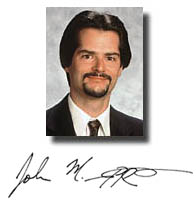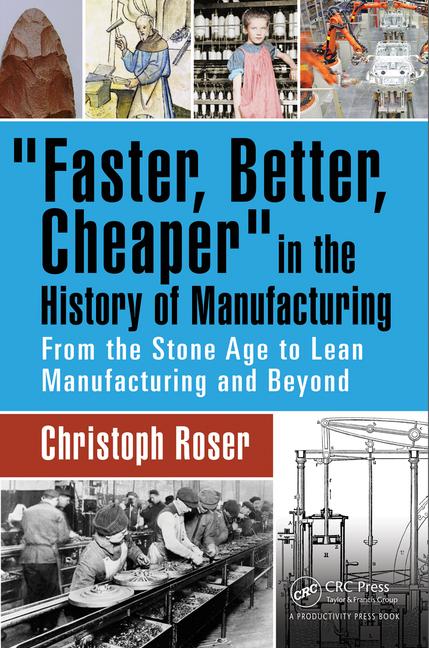
I know--you're happy for me! I mention it not to brag, but to raise a warning flag to the U.S. automotive industry. I purchased the diminutive sport utility vehicle despite folk wisdom that cautions against buying a car in its first model year. Indeed, when Ford Motor Co. debuted the Escape last summer, a string of recalls followed. One involved a minor problem with the steering. Due to a defect, the steering wheel could, potentially, come off! My local Nissan dealer was all too happy to point that out when I test-drove the Xterra.
Regrettably, the early recalls on the Escape were not isolated incidents. U.S. automakers issued 110 recalls of cars and light trucks during the first 3 months of 2001. At that rate, the industry could match the record number of 483 recalls undertaken last year--even with slowing sales and fewer vehicles manufactured. In 1999, a record 19.9 million vehicles were recalled, while only 16.9 million cars and trucks were sold.
Not only are the number of recalls increasing, the defects are getting more serious. In April, General Motors Corp. warned 6,000 people to immediately stop driving their new Chevy TrailBlazers, GMC Envoys and Oldsmobile Bravadas. GM had the SUVs towed to dealerships to fix a bracket in the suspension, fearing that a failure in the part would cause drivers to lose control. That same month, DaimlerChrysler ordered 11,000 owners of 2001 Dodge and Chrysler minivans to stop driving the vehicles because of a defective part in the steering system.
If today's cars are more reliable, why are there more recalls? Ford President and CEO Jacques Nasser says voluntary recalls symbolize his company's "incredible sensitivity and focus on the customer." Ten years ago, he argues, Ford might not have communicated so clearly with the marketplace.
To me, that sounds like spin control. Yes, automakers should be praised for reacting quickly when problems are discovered. But, given the number of recalls and the seriousness of the defects, I fear that automakers are overlooking quality in their attempts to cut costs and get new vehicles to market faster.
A number of changes in the automotive industry have made quality control more difficult. Parts are more complex and require more engineering. Automakers are transferring more design work to suppliers, while demanding faster delivery of key components at ever lower costs. Competitive pressure has condensed product development time from 3 or 4 years to 18 or 24 months.
If the recall trend continues, the industry risks damaging a reputation that it has worked very hard to improve. Moreover, funds spent on recalls and product liability claims are funds that can't be devoted to new products and manufacturing technologies. If U.S. automakers are to maintain and increase marketshare, they must improve quality.




